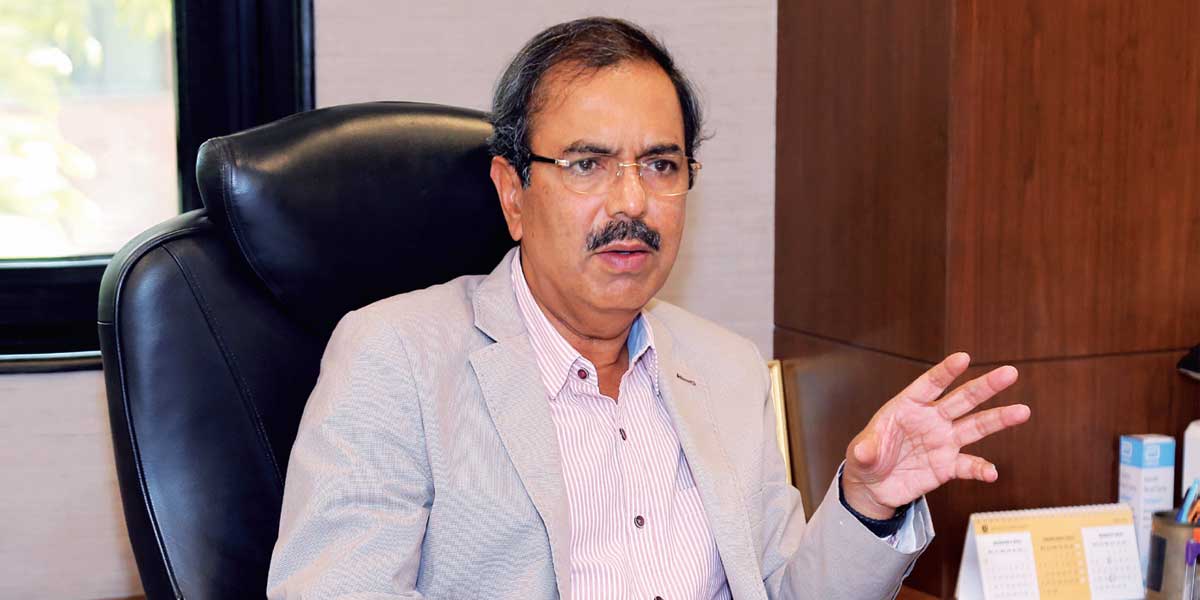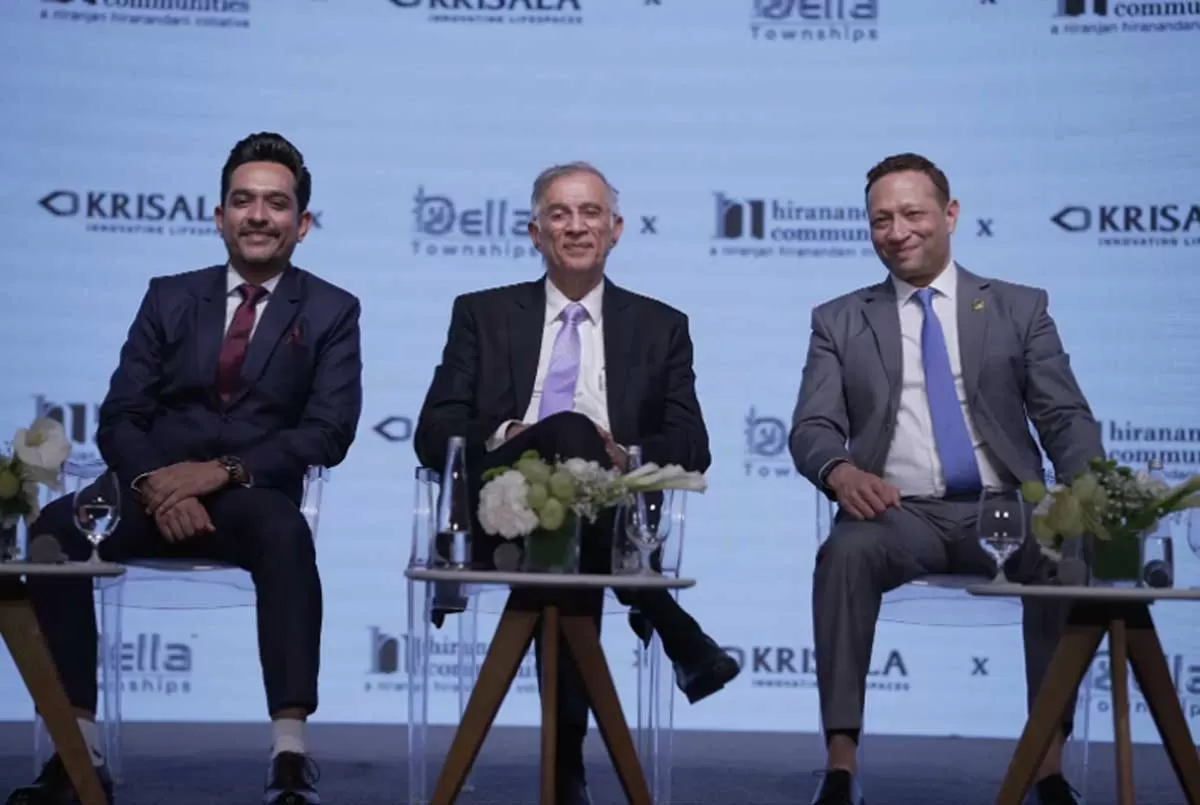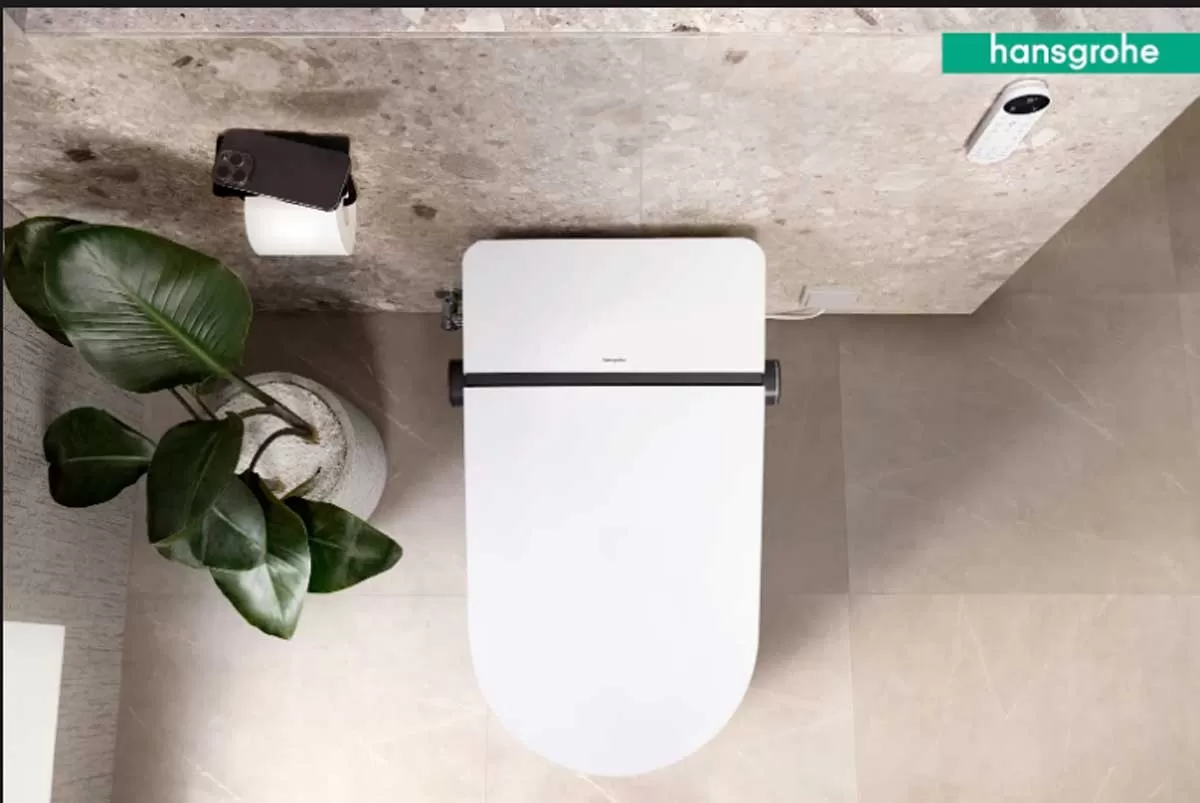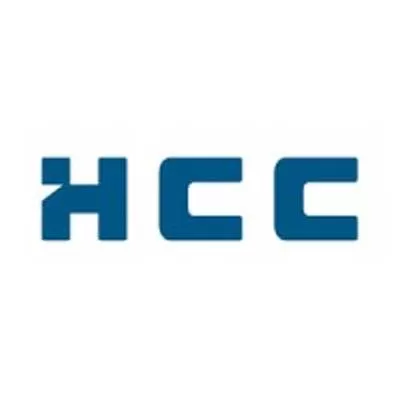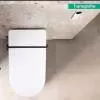Container Corporation of India Ltd (CONCOR) is a Navratna with great performance record and category building capability. Today, with the impending disinvestment and the change in railway policy on land, it stands at the cusp of change. V. Kalyana Rama, CMD, helming the CONCOR affairs, interacts with E Jayashree Kurup on various business aspects.
Excerpts from the interview...How significant has been the impact of change in pricing policy of railway land on Concor’s business?
We were paying per container rate as Land License Fee (LLF). When the divestment was announced, Railways took a decision to put us on the same platform as with others by increasing the LLF to 6 per cent of the market value industrial rate as decided by Revenue Authorities. This was a steep increase and it impacted our profitability. It took us about two years to adjust the increase in LLF into our present system. But in the process, we have not lost any of our business. This issue is now very well settled.
From 90 terminals, Concor has now come down to 60 terminals. What was the rationale and how has that helped consolidate the business?
Because of increase in LLF, we rationalised our terminals. Some of our terminals became unattractive. So, we re-engineered our business from unattractive terminals to nearby terminals and processed for closing of 17 terminals which we were operating on Railways owned land parcels.
For example, when we decided to close our Domestic Container Terminal at Okhla, Delhi, we shifted the entire business to our inland container depot at Tughlakabad. Without any effect of our business, we could now consolidate our both domestic and EXIM at one place which helped us in saving lot of administrative and handling costs. We created new capacity by going vertical instead of remaining horizontal.
How much technology infusion is there now?
We digitised CONCOR to the extent of 98 per cent. All our operations are completely digitised. This has been a continuous process since the last 5-6 years. We work on e-office and are totally a paperless office. All our tendering is through e-tendering routes and all billing systems are completely automated. Vendors and contractors working with us need not prefer their bills, instead we generate their bills through our systems and make the payments.
How has privatisation of the sector impacted CONCOR? What percentage of the business does CONCOR hold today?
The sector opened up for private participation in 2006 and the private participation continuously was increasing then onwards. However, in the last 17 years we held on to our market share of around 65-70 per cent in EXIM sector and 75-80 per cent in domestic sector.
India’s domestic cargo is buoyant. How has CONCOR managed to cater to the enhanced demand?
Yes, domestic business in India is growing at a rapid pace. In the last few years, our domestic segment has grown by 30 per cent year-on-year. With the optimum utilisation of resources and innovative circuit management, we could cater to this growth and fulfilled the demand from the customers.
What is your current estimate of need for more containers? How have you been managing the shortage of containers in an extremely buoyant cargo market?
We do have shortage of about 20,000-25,000 containers at present. To put this in a proper perspective, we own around 37,000 containers for our domestic business and we find that addition of another 20,000-25,000 containers is needed at this time. This works out to more than 60 per cent shortage.
We are continuously working on developing the container manufacturing eco-system in India. We have started this program in 2020-21 March by conducting a webinar wherein the then Railway Minister, Piyush Goyal had addressed the webinar and generated a lot of interest. From then onwards, we released orders for 18,000 containers for Indian manufacturers. So, the eco-system has started building up and we are getting delivery of the containers in a small way. The main issue pertaining to rolling of particular grade of steel and other accessories are being sorted out as more and more manufacturers are looking towards this item.
However, the main issue of price competitiveness with international manufacturers remains. As of now, Indian manufacturers are not able to compete with the global prices. We are definitely encouraging Indian manufacturers and procuring with the price available in India. But for the industry to grow, they must get competitive in the world market.
How much potential rail business is currently routed to road transport? Once you get your containers, what per cent will move back from road to rail?
Road is an essential element in any transportation. Development of roads is happening very well in India. Our main competitor is road transportation rather than other operators working in the railway system. Our price strategies always kept eye on the development in the road sector. The advantage of road is the parcel size. One of the main challenges for us is to consolidate the cargo to make trainload for movement on railway system.
However, we are working on to bring a proper mix of rail-road traffic and with the improvement in Indian Railway network and construction of Dedicated Freight Corridor, I am sure, we will be able to move traffic from road back to rail.
What is the impact of unequal cargo movement that forces transport of empty containers back to high demand areas? Does that push up operating costs?
Imbalance of cargo movement is a part of logistics business. The two important requirements in logistics are to have a two-way loaded movement and maintain transit times. We try to build circuits instead of point-to-point movements to offset the imbalance in road movements. This is how we try to avoid empty runs.
How has PM GatiShakti impacted you? Has that brought more efficiency into the system?
PM GatiShakti is a very good initiative to see that the logistics facilities are developed all around without any shortcomings. This is a 360-degree development, which mainly takes care of road-rail competitiveness and all other bottlenecks in establishing a full-fledged logistics terminal. We have also started developing some of our new terminals under PM GatiShakti. So, we have to see how really it is going to benefit us.
Did you face these coordination problems earlier?
Project construction and development is an art. With our long experience in the field, we are well versed with project execution. Development of any new inland container depot or multi-modal logistics park we have to work with multiple agencies and which has got its problems of coordination. However, as I said, we were able to maintain and start many new terminals in the past and I am sure we will be doing in future. However, PM GatiShakti will definitely help in sorting out these issues fast and get better results.
Railways have got the largest capex allocation in Budget 2023? How do you see it impacting the logistics industry?
Yes, it is good for the system. With a large capex allocation for Railways, this helps in easing out bottlenecks in the Railway system. Good logistics require transit guarantee which is a challenge today for Indian Railways. With this capex expenditure and removing the bottlenecks, Indian Railways will be able to bring in transit guarantee which will attract more and more traffic from road to rail particularly to the time sensitive cargo.
Atmanirbhar Bharat has given a fillip to manufacturing. Do you see a role for CONCOR under this scheme?
Logistics is a service industry. The thumb rule is that if the economy expands by 1 basis point, logistics expands by 1.5 basis points. Any expansion in manufacturing is good for the logistics business. In India, there is a lot of scope for logistics, as it has just started in India. What we were doing earlier was basically transportation, not logistics. As the manufacturing industry matures, the profits and the money come from logistics, more than the product.
There are many types of logistics. We are working with industrial products, not with the retail. In this industrial products market, there is no proper distribution logistics. So we are working on developing distribution logistics centres under the public private participation (PPP) mode. COVID put a brake on this and now we are again pursuing this. Today it is all fragmented wherein somebody is transporting, somebody else is providing the last mile services, and another agency is providing allied services.
An organised 3PL service in industrial products is the requirement today in India. Many people are working on that. Today this is done very sporadically, not in an organised manner. We are implementing 3PL services to bring everything under one umbrella. Either with or without containers, we are interested in that business. We are already in the transportation of containers and will provide some allied services to that. Now we are now trying to provide the complete bouquet of services with and without containers.
PricewaterhouseCoopers has done this study and identified 20 locations, which we will push. Our plan is to develop 20 centres across India under PPP. These centres will be on at least 100 acres each. There will be a million sq ft of warehousing to be developed. We are presently working on developing in two locations, Chennai and Bangalore. We have already issued the tenders and it is in the process. In this process, we don’t own anything. This is all private investment. We will only provide the systems and the management. They will be CONCOR parks in the PPP mode. The development, the infrastructure and the asset, are all owned by the private party. We will provide the brand name, systems and management, and we will charge them a fee.
We will be making the two chosen locations operational in the next FY. The idea is to develop all 20 in the next three to four years.
CONCOR’s disinvestment has been on the cards for a while now, does this affect the business? How do you expect disinvestment to alter CONCOR’s business and functioning?
The delay does not impact our functioning too much. I have a very good team and a lean organisation. To some extent it impacts us but we could overcome that. That has now been a pretty long-drawn-out thing for the past three-and-a-half years. Here and there some issues keep coming because the divestment is on the cards. We discussed with all the government agencies involved that we are carrying on business as usual and not stopping anything.
The ground rules for Indian business and economy were set by PSUs many years ago. Now that India is soon to become the fourth largest economy, what is the leadership role that PSUs like you can play?
PSUs always provide a way forward in many fields. I am sure PSUs will be performing in a big way in making India a 5-trilliion dollar economy. CONCOR has taken a lead for developing container manufacturing industry in India and I am happy to see that the eco-system has started developing, this is Atmanirbhar Bharat. As mentioned earlier, we are working on to develop distribution logistic parks to provide organized 3PL logistics for industrial and agricultural products. The advantage of PSUs is that they step-in without looking at profit as sole motive. Instead, PSUs can work on pushing developmental agendas for the nation.
